FASHION SKETCHING COURSE
Module 3. Modifications
In the last module we learnt the basics that are already sufficient for design sketching. In this module, we will go deeper and more diverse
Style and proportions of the figure
I want you to understand one simple idea
There is no such thing as "correct" proportions in fashion illustration
There is no such thing as "correct" proportions in fashion illustration

- The proportions can be very different. And the goal of my course is to teach you how to manage them. Or find your favourite proportions and make it part of your personal style

In this lesson, let's start with the simplest way to change the constitution of the figure
- Obviously, the main differences in different constitutions lie in the upper part of the figure (in body)
Base
- Let's remember our basic body where the width of the waist is equal to the length of the neck

- Next we add the shoulders and hips. This figure can be called an average hourglass

- We will play with these shaded ares, making them narrower or wider
What options do we have?
- 1. Skinny
The waistline doesn't look very pronounced

- We widen the shoulders quite a bit. We adjust the hips proportionally (there are no clear proportions). The main thing is that they should be symmetrical
- 2. Curvy
Very pronounced waist and body curves. This figure looks more like a cartoon character or as if she is wearing a tight corset

- We widen the shoulders much more than we did last time. We adjust the hips proportionally at our discretion (there are no clear proportions). The main thing is that they should be symmetrical
Head and neck
- To enhance the effect, the head (and neck) can be adjusted to the proportions of the figure. We can make the head slightly narrower or wider than the standard proportions. Compare the difference 👇🏼

- Watch me draw a skinny figure in a straight static pose 👇🏼
Notice how I narrowed my head slightly
How do we draw these constitutions in other poses?
- Nothing changes. We have the same unchanging base. Where the width of the shoulders is equal to the height of the neck

- So, we completed a regular figure using the basic algorithm 👇🏼

-
- Draw a skinny figure. Don't forget to tilt the sketchbook to make the thighs look even

- 2. Draw a curvy figure. Don't forget to tilt the sketchbook to make the thighs look even

- Watch me draw the curvy figure in a walking position 👇🏼
- Here's the bonus algorithm for drawing the bag from the video 👇🏼
